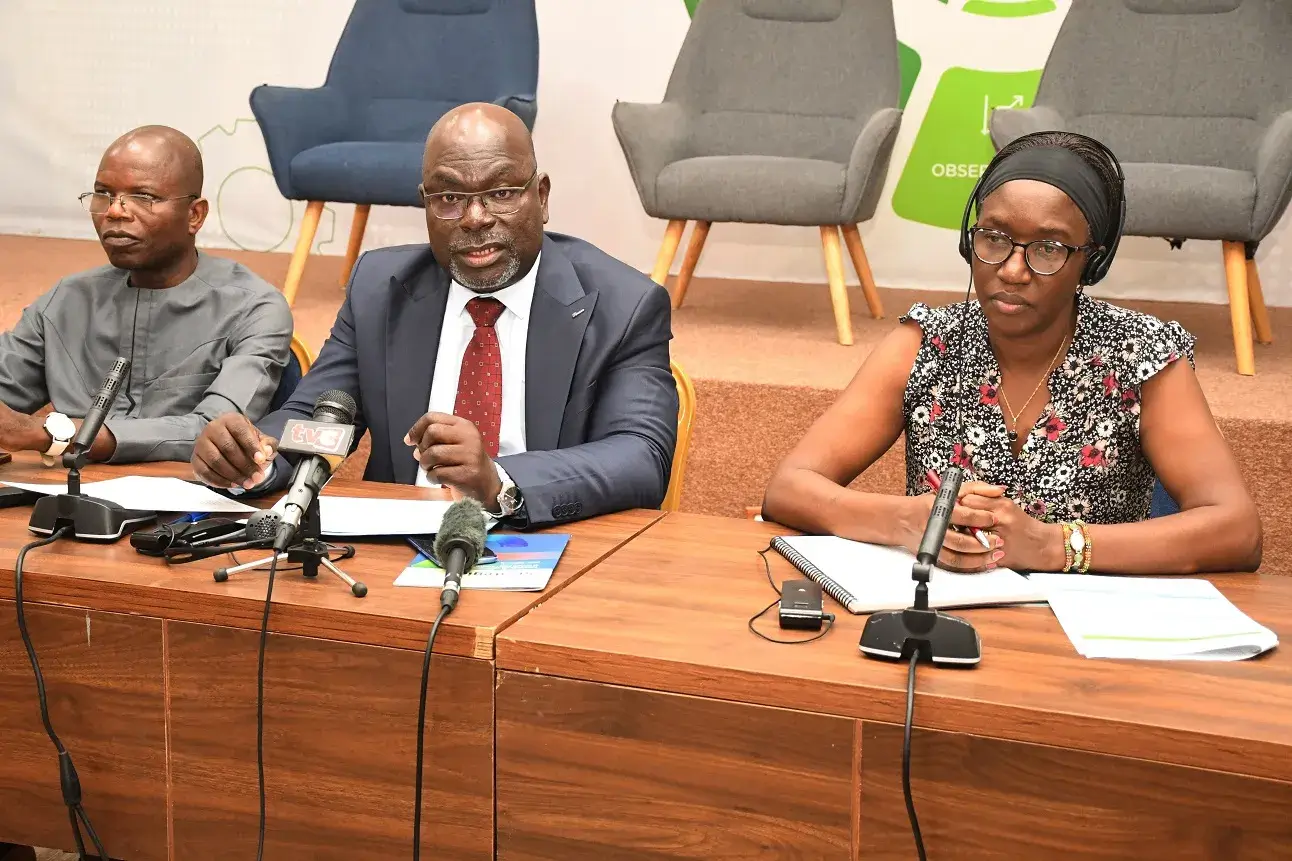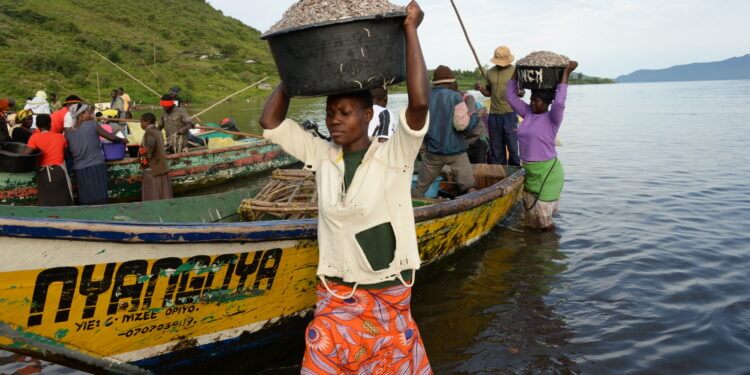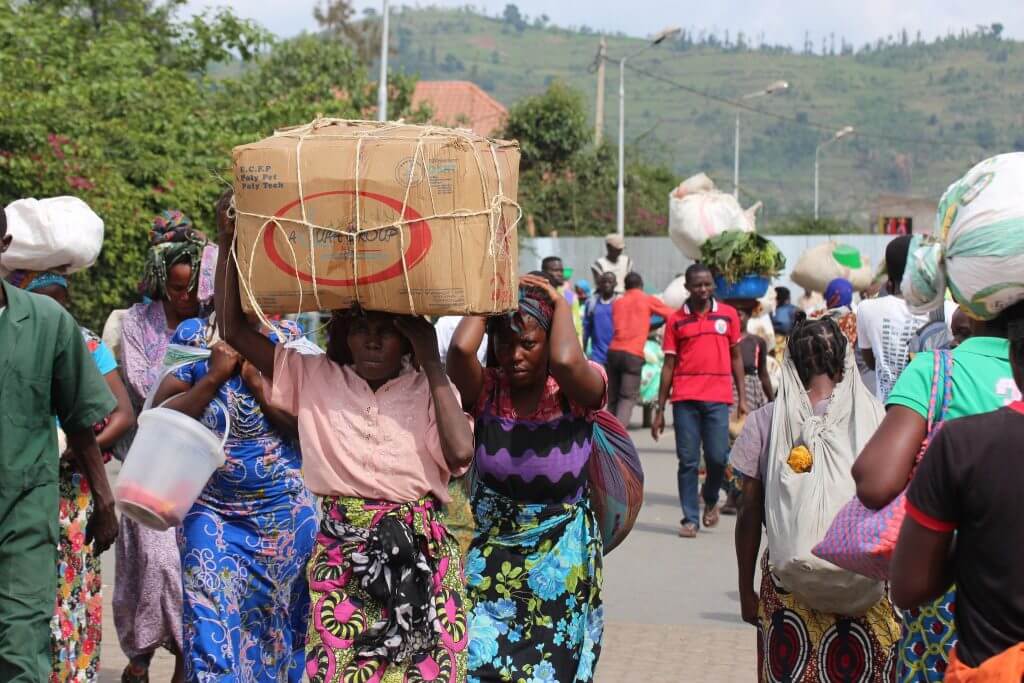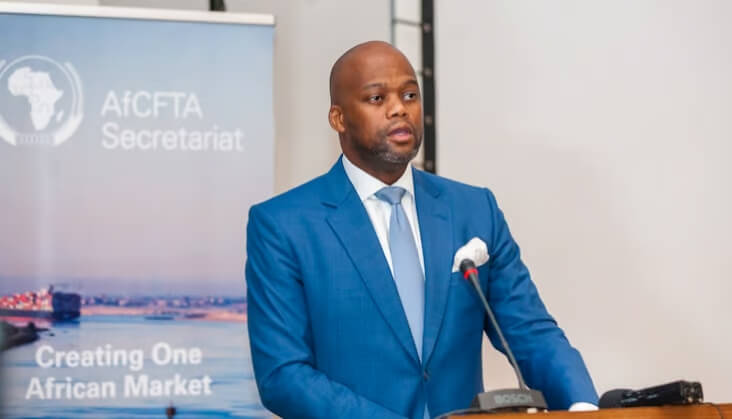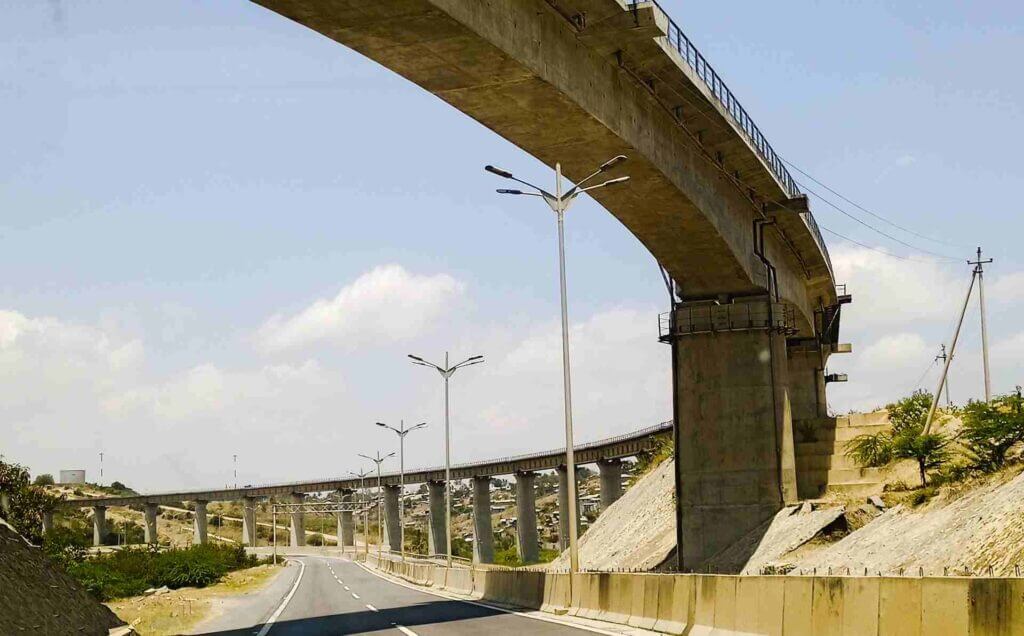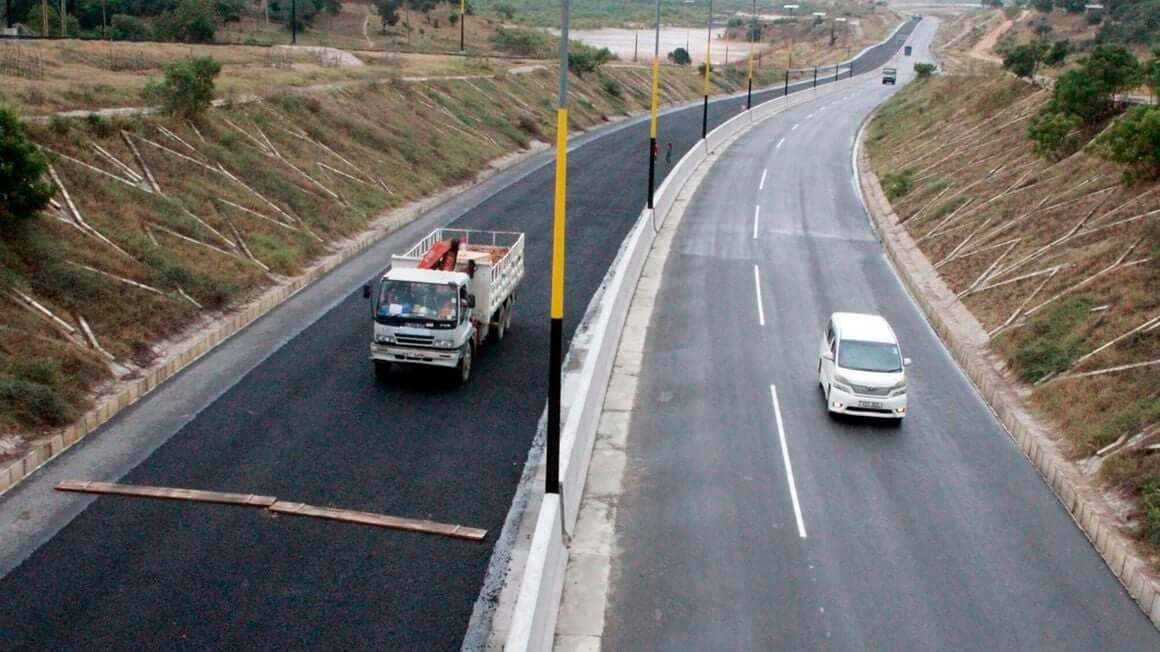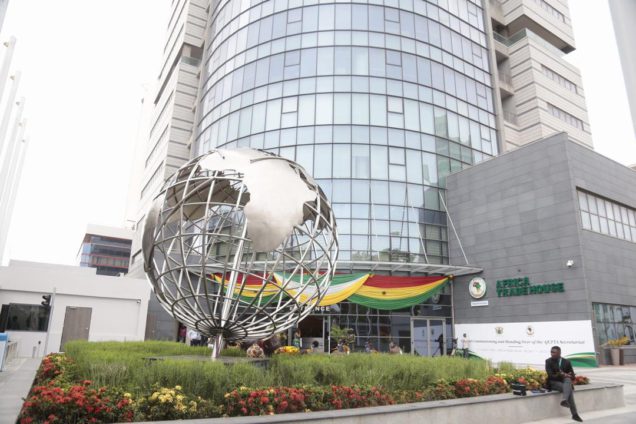La stratégie nationale de facilitation du commerce du Bénin est optimiste quant au démantèlement des barrières commerciales alors qu'elle entre dans de nouvelles frontières de partenariats avec des organisations telles que TradeMark Africa (TMA). Le pays s'est déjà engagé dans cette voie avec la création du Comité national de facilitation des échanges, qui a été mis en place à la suite d'un décret interministériel visant à faciliter la mise en œuvre de l'accord de facilitation des échanges adopté par l'Organisation mondiale du commerce (OMC) en 2013. Eustache Pomalégni, point focal du comité, a dévoilé une feuille de route pour l'élaboration d'un plan d'action qui tracera les grandes lignes de la simplification des procédures, de la transparence et de la prévisibilité dans le but de faciliter les échanges. « Nous sommes dans un environnement très compétitif qui nous oblige à redimensionner nos ambitions, à faire des efforts en termes de simplification des procédures, de restructuration des infrastructures et de mise en œuvre des obligations en matière de facilitation des échanges », a-t-il noté. En tant que membre de l'OMC, le Bénin est tenu de mettre en œuvre des mesures visant à faciliter les processus commerciaux. Ces efforts bénéficient du soutien de partenaires de développement tels que la Banque mondiale et TradeMark Africa (TMA). TradeMark Africa (TMA) est une organisation africaine d'aide au commerce de premier plan, fondée en 2010 avec pour mission de développer le commerce intra-africain et d'accroître la part de l'Afrique dans le commerce mondial, tout en contribuant à...
Le comité de facilitation des échanges du Bénin est optimiste quant au démantèlement des barrières commerciales alors que la stratégie prend forme
Posted on: August 16, 2024
Posted on: August 16, 2024

